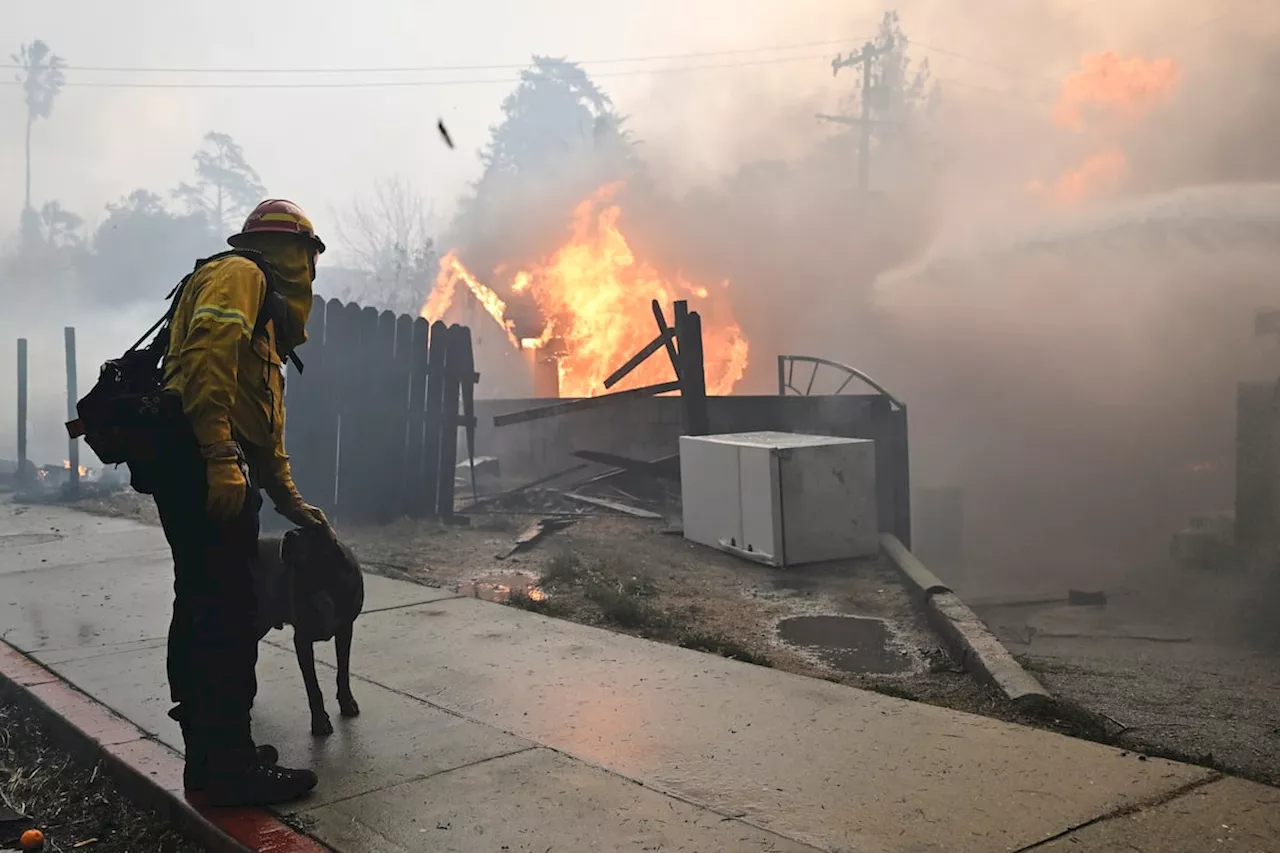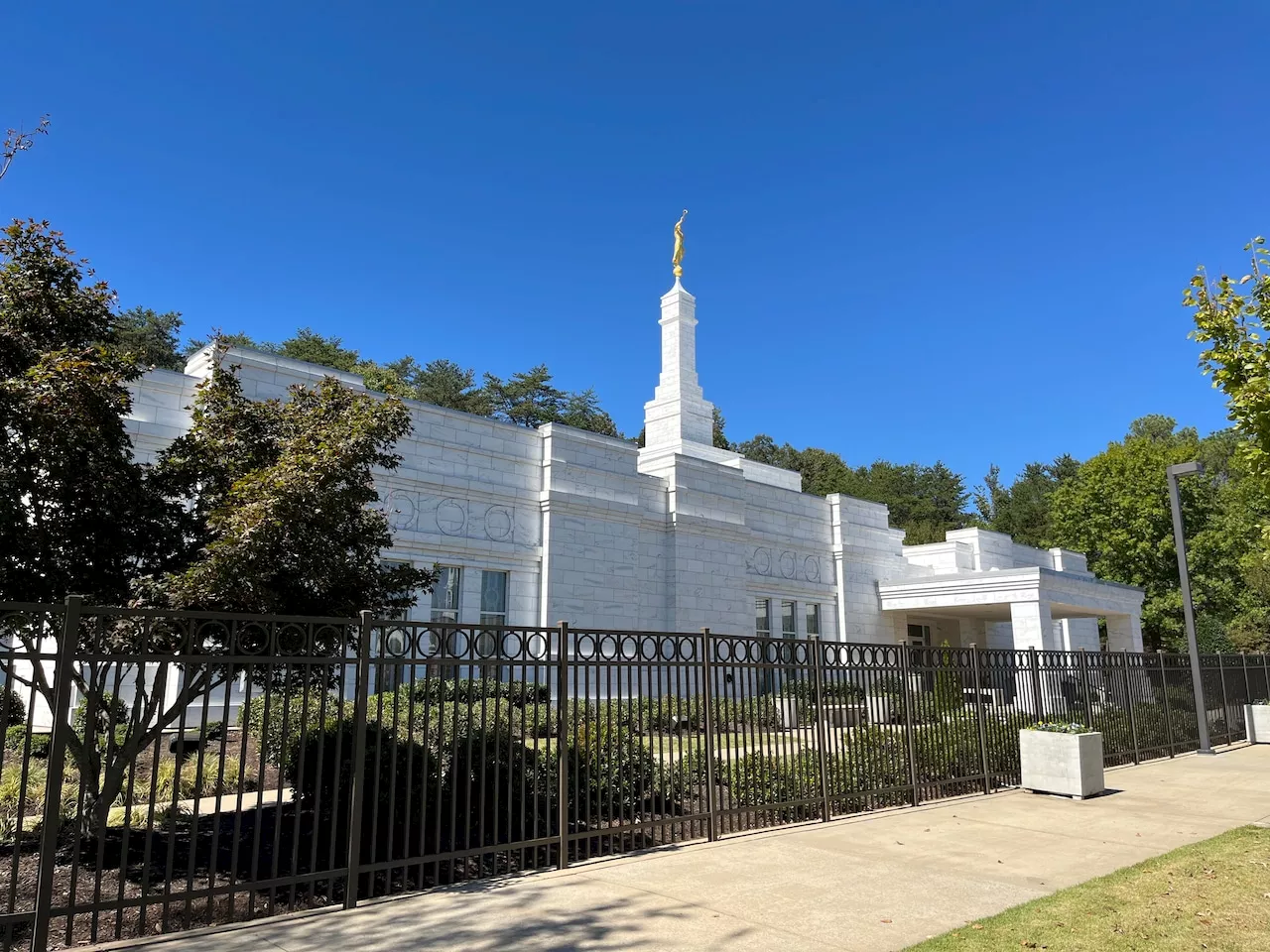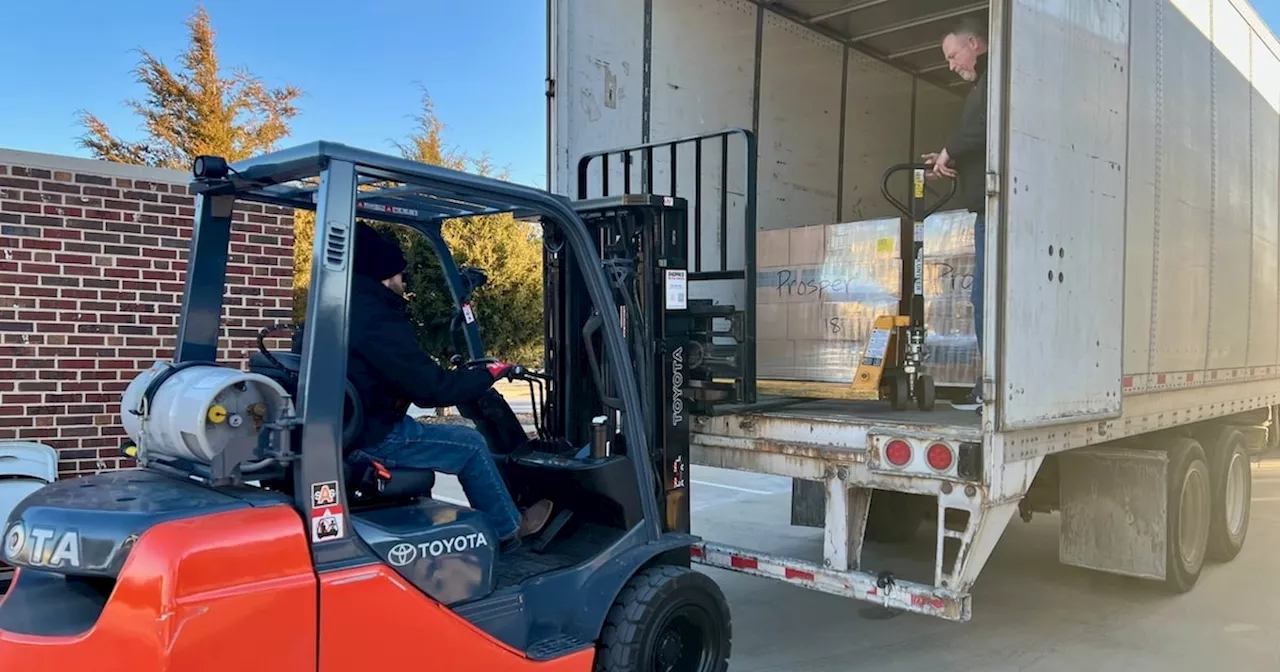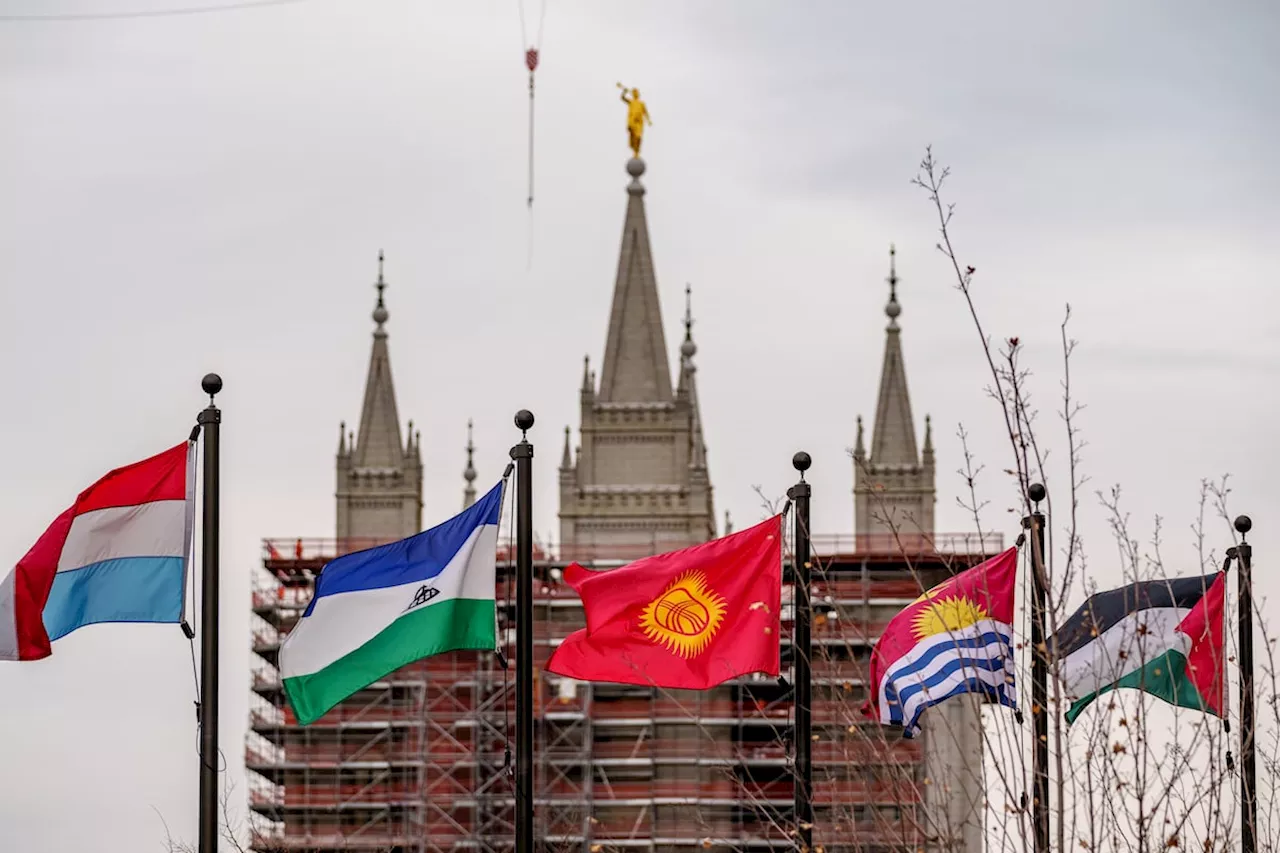As President Trump's threat of mass deportations looms, The Church of Jesus Christ of Latter-day Saints faces a dilemma: how to balance its commitment to the law with its compassionate mission to serve all of God's children. One Latter-day Saint immigrant shares the anxieties she and her community are experiencing.
While President Donald Trump’s threat of “mass deportations” remains uncertain, this much is sure: The country is on edge. Erikala Herrera Urena, a Latter-day Saint immigrant from the Dominican Republic who lives near Atlanta and is now a U.S. citizen, shared her experience. “I came here when I was 15 around 2006. My aunt married a U.S. citizen, then she petitioned for my grandma and my granddad. My granddad passed away one week before interview.
It was a little bit uncertain what would happen with the case. But they allowed my grandma to come alone. After that, she petitioned for her 12 more kids, all my aunts and uncles came, then it was my mom’s turn. She already had us — four kids — and happily, she got the acceptance so everyone could come together. Five years later, I could apply for citizenship. This country has been a blessing for me.” Herrera Urena also spoke about the anxiety she has witnessed among her fellow immigrants and her own daughters. “Five days ago I had to sit my daughter down and calm her, because she was freaked out. She was saying, ‘Mom, I don’t want to go to school. I want to stay home because I don’t want us to get separated’… ‘You don’t have to fear. You don’t have to do that,’ I explained to her. But it was so difficult…. I had to stop watching the news with my daughters because they have this fear of going to school.”There is a sense of unease within the Latter-day Saint community, particularly among those who have benefited from the church's previous policy of providing aid to immigrants regardless of their status. The church has recently issued new guidelines that limit the amount of assistance bishops can provide to undocumented immigrants. Herrera Urena expressed her concerns about these changes, stating, “Previously, the church provided some amount of housing and other assistance to people who needed it, irrespective of immigration status. These new guidelines say that when a bishop “has reason to believe that someone is undocumented,” they should provide no or limited housing assistance, shouldn’t provide transportation and shouldn’t provide work recommendations. The church says it’s doing this to limit the potential criminal liability of bishops and of other church leaders who provide this type of care. If you continued with the old policy of just providing aid, then there would be no reason that a bishop would know or suspect that someone was undocumented. So it does suggest — at least accidentally — that we should be profiling based on racial categories, which is not great.”She also shared a personal story about experiencing profiling, saying, “Just yesterday we were trying to buy a pulled pork sandwich at a restaurant. We were waiting at the table for our food, and these four men entered and sat down a little bit next to us, in front of us, and by the time we received our food, I heard one of them ask the other one, ‘Did you call ICE already?’ And he said, ‘Yes, I did.’ I was the only person there that you might think is not an American citizen. So it hurts.”Herrera Urena believes that the church should take a stand against these policies, arguing that they are unjust and violate religious principles. “There’s something more to sustaining the law than just obeying the law. If we look back at Dr. Martin Luther King, there’s the idea that we want a “just law,” and sometimes to have the law be just, we have to push against it. The church has a history of doing this successfully and unsuccessfully. Jesus, through his parables, tells us that those who don’t sustain the stranger are going to be on his left hand, and that’s not the right hand to be on. I think that the church can legitimately say, within the context at least of religion, these laws criminalizing aid to immigrants are unconstitutional. They infringe deeply on important religious beliefs. The country has the ability to enact laws that I think are bad, but churches are in a special position… If were challenged, I’m not sure what administration really wants to be seen as invading a church and imprisoning clergy whose crime is helping people in need.”
Immigrant Latter-Day Saints Church Deportations Immigration Religion Compassion Law Social Issues
United States Latest News, United States Headlines
Similar News:You can also read news stories similar to this one that we have collected from other news sources.
 Latter-day Saints Rally to Aid Fire Victims in Southern CaliforniaThe Church of Jesus Christ of Latter-day Saints is mobilizing its resources to assist residents affected by the devastating wildfires in Southern California. The church is distributing emergency supplies, providing shelter, and encouraging volunteers to help in any way they can.
Latter-day Saints Rally to Aid Fire Victims in Southern CaliforniaThe Church of Jesus Christ of Latter-day Saints is mobilizing its resources to assist residents affected by the devastating wildfires in Southern California. The church is distributing emergency supplies, providing shelter, and encouraging volunteers to help in any way they can.
Read more »
 Latter-day Saints announce location of planned Huntsville-area templeThe temple will be located in Madison, in Madison County.
Latter-day Saints announce location of planned Huntsville-area templeThe temple will be located in Madison, in Madison County.
Read more »
 Church of Jesus Christ of Latter-day Saints helps feed Prosper familiesAfter a fire at Neighbors Nourishing Neighbors, a food pantry in Prosper, the Church of Jesus Christ of Latter-day Saints and the town of Prosper worked...
Church of Jesus Christ of Latter-day Saints helps feed Prosper familiesAfter a fire at Neighbors Nourishing Neighbors, a food pantry in Prosper, the Church of Jesus Christ of Latter-day Saints and the town of Prosper worked...
Read more »
 Jana Riess: Is it OK for Latter-day Saints to bet on the Super Bowl?In advance of the Super Bowl, columnist Jana Riess explores where the LDS Church stands on sports betting.
Jana Riess: Is it OK for Latter-day Saints to bet on the Super Bowl?In advance of the Super Bowl, columnist Jana Riess explores where the LDS Church stands on sports betting.
Read more »
 Senate Passes Immigration Crackdown Bill Aimed at Deterring Illegal ImmigrationThe Senate voted overwhelmingly to pass a bill that would impose stricter immigration enforcement measures, marking a key legislative victory for Republicans and President Trump. The bill, known as the Laken Riley Act, would require the detention of undocumented immigrants charged with certain offenses, including burglary and theft. It also grants state attorneys general the power to sue the federal government for alleged failures to enforce immigration laws. The bill is expected to easily pass the House of Representatives before heading to President Trump's desk for his signature.
Senate Passes Immigration Crackdown Bill Aimed at Deterring Illegal ImmigrationThe Senate voted overwhelmingly to pass a bill that would impose stricter immigration enforcement measures, marking a key legislative victory for Republicans and President Trump. The bill, known as the Laken Riley Act, would require the detention of undocumented immigrants charged with certain offenses, including burglary and theft. It also grants state attorneys general the power to sue the federal government for alleged failures to enforce immigration laws. The bill is expected to easily pass the House of Representatives before heading to President Trump's desk for his signature.
Read more »
 KSAT Q&A: Immigration attorney discusses impact of President Trump’s executive order aiming immigration processImmigration attorney Lance Curtright joined the KSAT Q&A on Wednesday with Steve Spriester and Myra Arthur to discuss the impact of President Donald Trump’s executive order for immigration process, including what it means to have birthright citizenship.
KSAT Q&A: Immigration attorney discusses impact of President Trump’s executive order aiming immigration processImmigration attorney Lance Curtright joined the KSAT Q&A on Wednesday with Steve Spriester and Myra Arthur to discuss the impact of President Donald Trump’s executive order for immigration process, including what it means to have birthright citizenship.
Read more »
